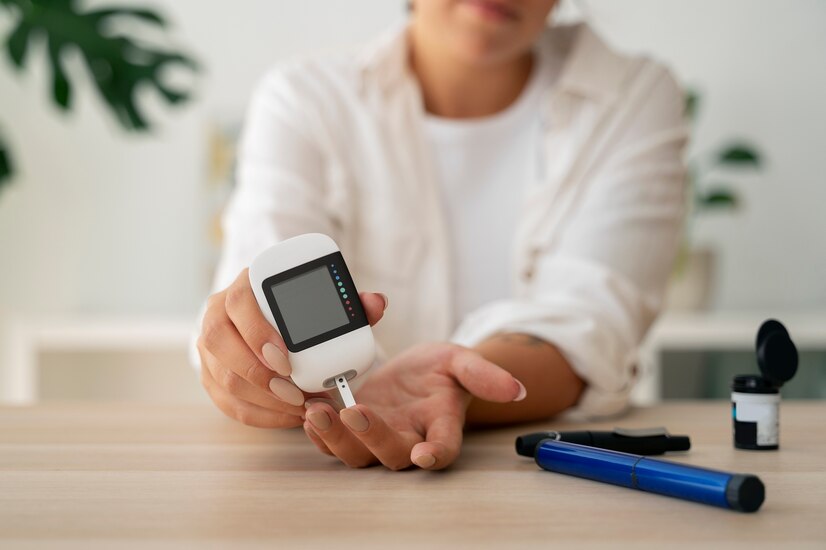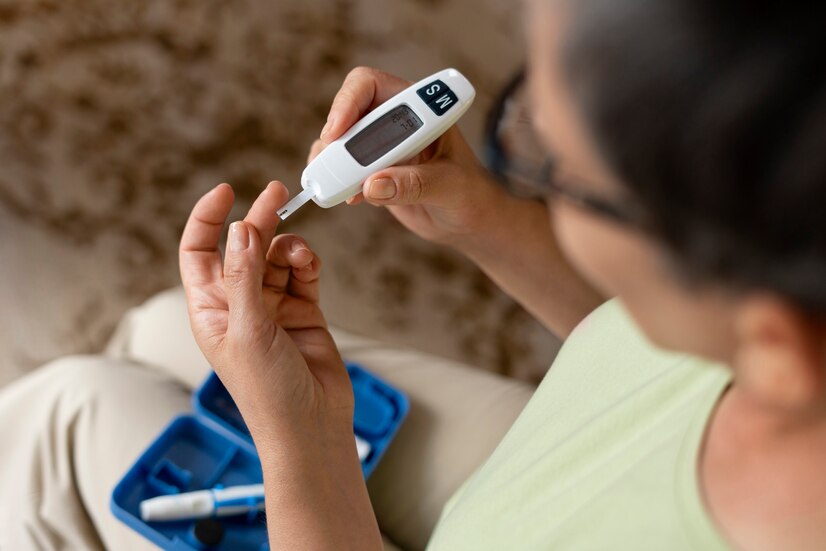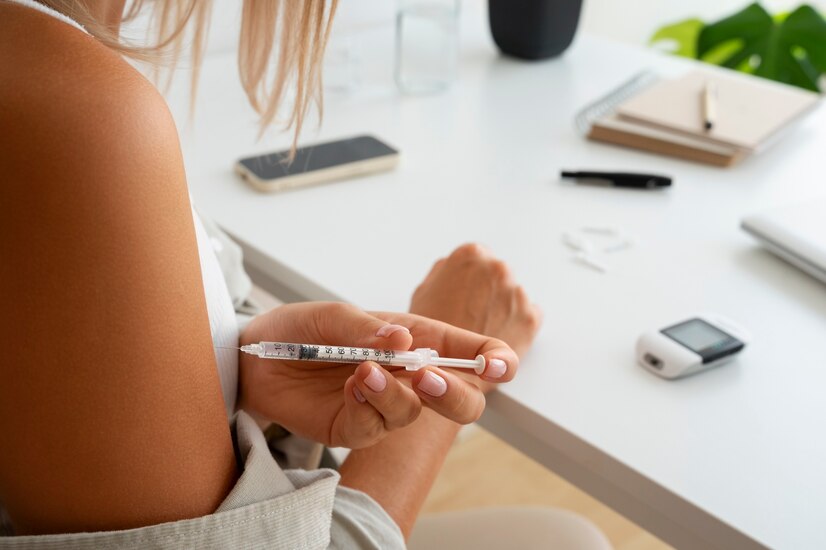Table of contents
Diabetes is a complex condition that affects millions of people worldwide. While managing blood sugar levels is the cornerstone of diabetes care, many people are also concerned about preventing long-term complications such as nerve damage, kidney issues, eye problems, and cardiovascular disease. As research into alternative therapies grows, many are turning to CBD (cannabidiol) as a natural supplement. There’s increasing evidence suggesting that CBD may help prevent diabetic complications through its anti-inflammatory, antioxidant, and neuroprotective effects.
In this blog post, we’ll dive into the science behind how CBD may help prevent diabetic complications and explore its potential as part of a holistic diabetes management plan.
Understanding Diabetic Complications

Living with diabetes isn’t just about controlling glucose levels—it’s also about protecting your organs and systems from the effects of prolonged high blood sugar. Diabetic complications are typically categorized as:
- Microvascular complications (small blood vessels):
- Retinopathy (eye damage)
- Nephropathy (kidney damage)
- Neuropathy (nerve damage)
- Macrovascular complications (large blood vessels):
- Heart disease
- Stroke
- Peripheral artery disease
Inflammation, oxidative stress, and poor blood circulation are among the major contributing factors to these issues. This is where CBD may offer significant benefits.
How CBD May Help Prevent Diabetic Complications

CBD, the non-intoxicating compound found in hemp and cannabis, interacts with the body’s endocannabinoid system (ECS) — a regulatory system that influences pain, immune response, mood, and metabolism. Research suggests that CBD may help prevent diabetic complications by addressing the root causes that lead to long-term damage.
🌿 1. Reducing Inflammation
Chronic inflammation plays a central role in the development of diabetic complications. CBD has well-documented anti-inflammatory properties that may help reduce damage to blood vessels, nerves, and vital organs.
🌿 2. Protecting Nerve Function
One of the most painful complications of diabetes is diabetic neuropathy. Studies have shown that CBD may help protect nerve cells from oxidative stress and even improve nerve function and pain sensitivity in animal models.
🌿 3. Improving Circulation and Heart Health
CBD may improve vascular function by reducing blood vessel inflammation and oxidative stress, potentially lowering the risk of heart disease and stroke — two major concerns for people with diabetes.
🌿 4. Kidney and Liver Support
CBD’s anti-inflammatory action may also benefit the kidneys and liver. In animal studies, CBD helped reduce the signs of diabetic nephropathy, a major cause of kidney failure in diabetic patients.
🌿 5. Eye Health
CBD’s antioxidant properties may help prevent diabetic retinopathy, a complication that can lead to vision loss. Some preclinical studies suggest that cannabinoids can reduce inflammation and protect retinal cells from damage.
Best Ways to Use CBD for Diabetic Health
If you’re considering CBD to support diabetic health, here are a few tips:
- CBD Oil/Tinctures – Great for fast absorption and adjustable dosing.
- Capsules and Softgels – Convenient for daily use.
- Topicals – Can be used for localized relief of diabetic nerve pain.
- Edibles – Tasty options, but be mindful of sugar content.
Always choose lab-tested, high-quality CBD products and start with a low dose, gradually increasing as needed. Monitor blood sugar levels closely and consult with a healthcare professional before introducing CBD into your routine.
5 FAQs About How CBD May Help Prevent Diabetic Complications
No, CBD should not replace prescribed medications. It may be used as a complementary supplement under medical supervision.
While human research is still ongoing, animal studies and preliminary clinical trials show promising results in reducing inflammation and nerve damage.
CBD is generally well-tolerated. However, it can interact with medications, so consult your doctor first.
There is no universal dosage. Many users start with 10–20 mg per day and adjust based on their needs and how they feel.
Some people report relief within days or weeks, while for others, it may take longer. Consistency and proper dosing are key.
Final Thoughts
As the research continues to grow, it’s becoming more evident that CBD may help prevent diabetic complications by addressing some of the underlying causes such as inflammation, nerve damage, and poor vascular health. While it’s not a cure or replacement for conventional treatment, CBD can be a valuable addition to a well-rounded diabetic management plan.
If you’re exploring ways to protect your health and manage diabetes more effectively, speak with your healthcare provider about incorporating CBD. With the right approach, you may find CBD to be a natural and effective tool for long-term wellness.





